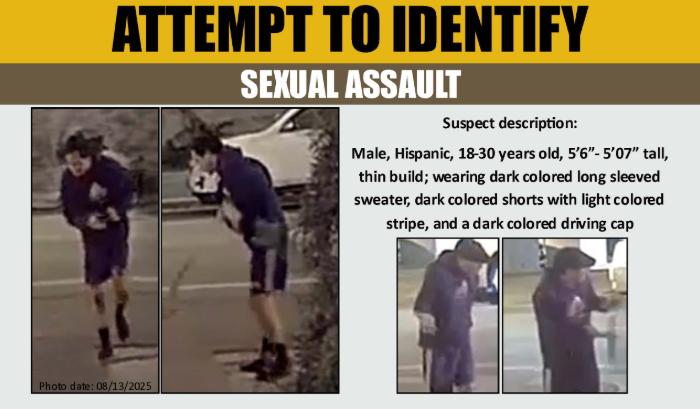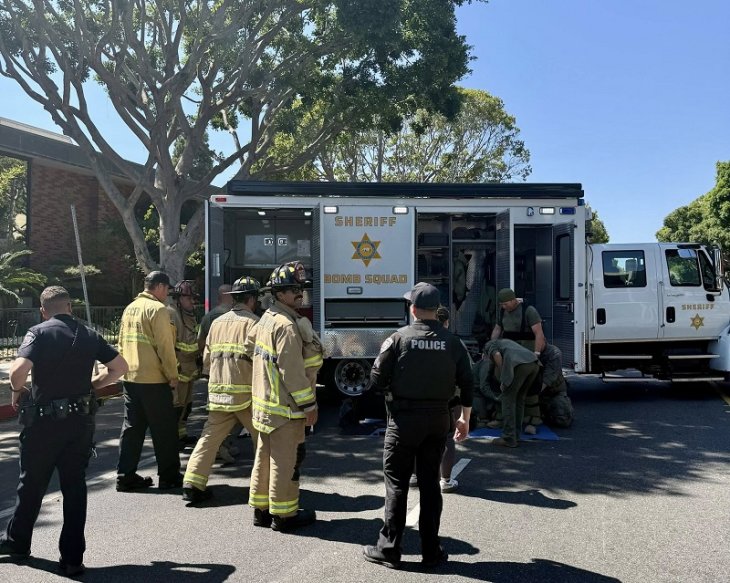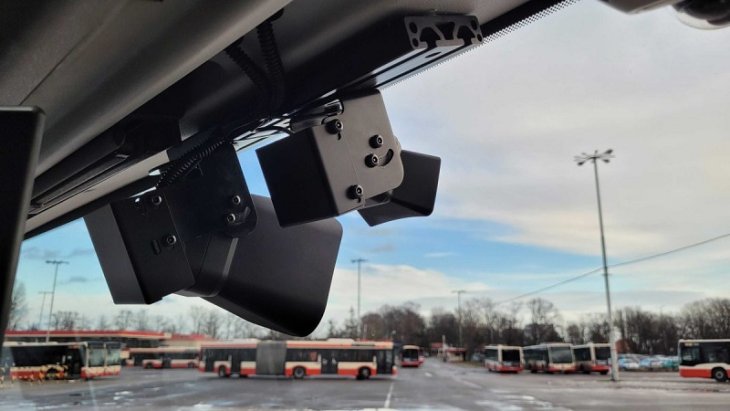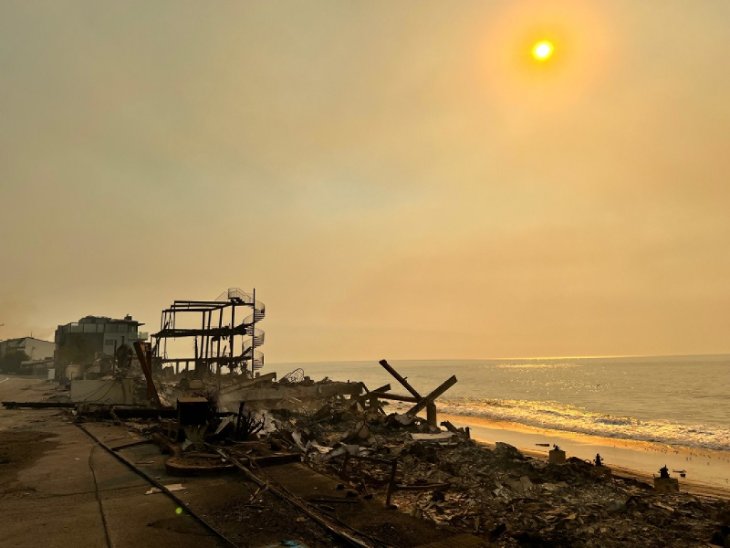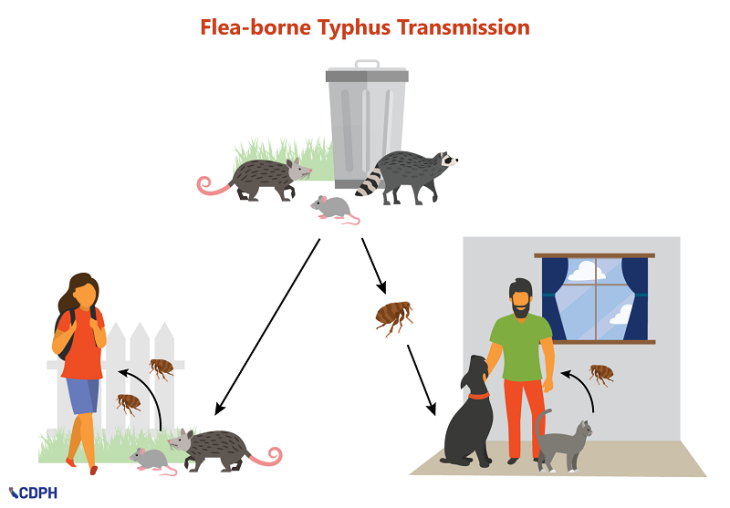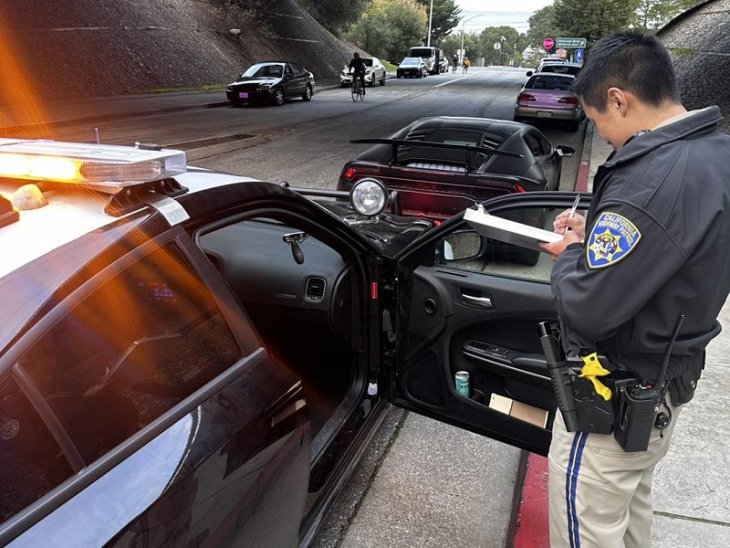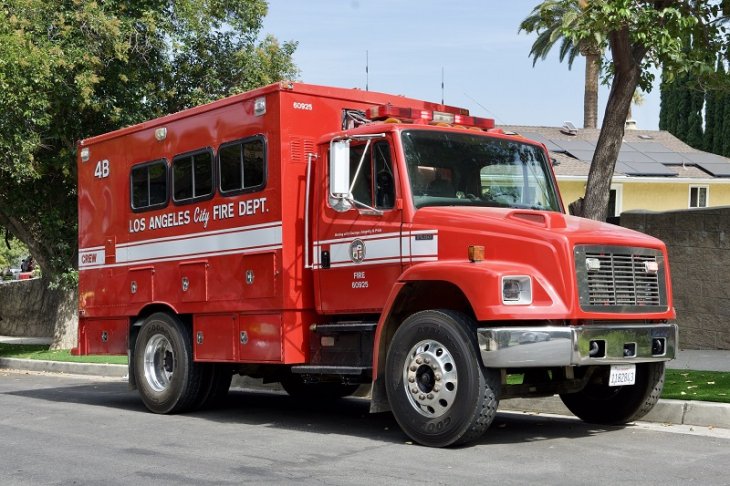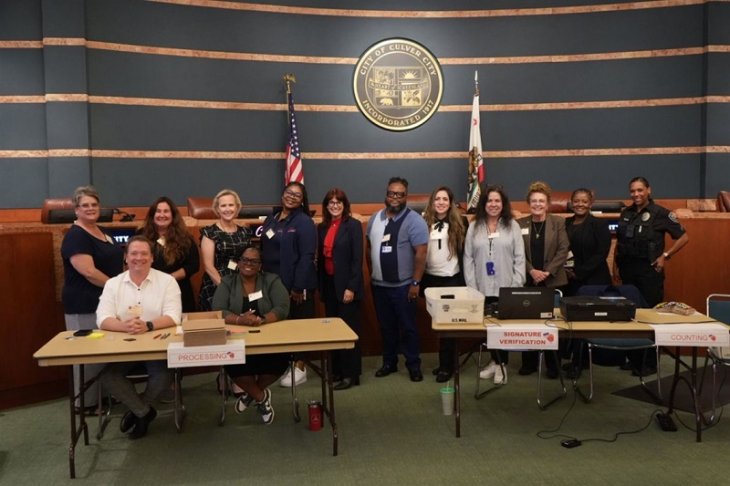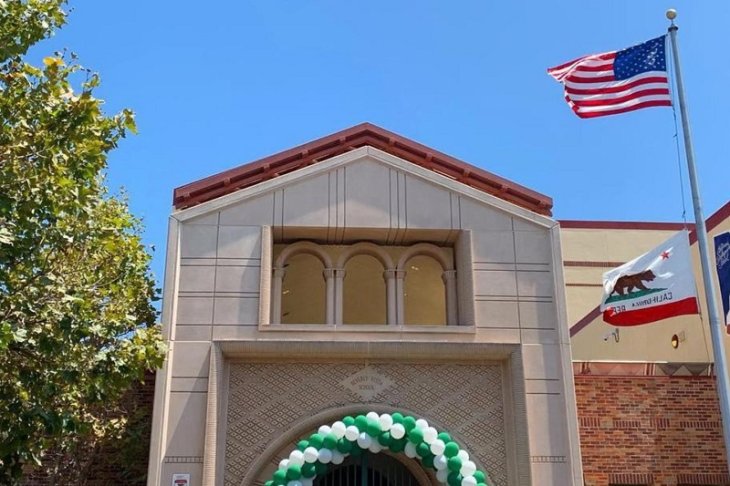Program Seeks to Solve Mental Health Crisis Among the Unhoused
By Dolores Quintana
In a collaborative effort led by Los Angeles County Supervisor Janice Hahn, the Superior Court of Los Angeles County, the Los Angeles County Department of Mental Health (LACDMH), and the Los Angeles County Public Defender’s Office/Independent Defense Counsel Office (IDCO), the state-funded Community Assistance, Recovery, and Empowerment (CARE) Court program is set to commence on December 1.
The California ACLU and Human Rights Watch (HRW) have gone on the record objecting to what HRW calls the CARE Court “a system of involuntary, coerced treatment, enforced by an expanded judicial infrastructure that will, in practice, simply remove unhoused people with perceived mental health conditions from the public eye without effectively addressing those mental health conditions and without meeting the urgent need for housing.”
However, the state of California is going full steam ahead with the CARE Courts after the law, SB 1338, was passed and signed into law by Governor Gavin Newsom. Three counties piloted the program, San Francisco, Orange, and San Diego; the rest of California will follow Los Angeles County’s December 1 start by the end of the year.
According to the press release from Los Angeles County Supervisor Janet Hahn, The CARE Court initiative allows qualified individuals, including family members, spouses, roommates, emergency responders, or licensed medical and mental health professionals, to petition the court for treatment and services for those suffering from untreated schizophrenia and associated psychotic disorders.
Supervisor Hahn expressed the significance of CARE Court, stating, “I talk to too many families who have struggled to get help for their loved ones with severe mental illness, and we see too many people with schizophrenia on the streets. CARE Court is a tool we have been missing in LA County.”
Originally slated for a December 2024 launch, the Court and the County opted to expedite the program by one year, demonstrating their commitment to addressing the pressing mental health crisis. Supervisor Kathryn Barger noted, “Our courts are an important asset and can be a change agent in the lives of many. By creating this special partnership between the courts and our mental health systems, we are creating a pathway towards healing and rehabilitation.”
The CARE program aims to provide support through a CARE Plan, offering housing options and connections to social services for qualified individuals. Supervisor Solis emphasized the importance of CARE Court in addressing the mental health crisis on the streets, stating, “CARE Court will be an important tool to address an individual’s need with dignity and respect.”
To access services, interested parties, including family members and clinicians, can file a CARE Act petition, which is free of charge. Eligibility requirements and additional details are available at www.lacourt.org/care.
Presiding Judge Samantha P. Jessner expressed gratitude for the collaborative efforts enabling the launch of CARE Court one year ahead of schedule. She emphasized the program’s potential to provide support and empowerment to individuals suffering from mental health disorders.
CARE Court offers an alternative path for vulnerable individuals, steering them away from jails and emergency rooms. Participants can receive comprehensive support, including counseling, medication, and social services. The program is voluntary, allowing participants to leave at any time, and no civil or criminal penalties are imposed for non-participation.
Ricardo D. Garcia, LA County Public Defender, highlighted the unique approach of CARE Court, stating, “Unlike traditional judicial proceedings that focus on compelling compliance through punishment, CARE Court takes the opposite approach. It creates a specific judicial process to pull together holistic services for respondents while surrounding them with a team of family members and professionals to help them stay on track.”
CARE Court begins accepting petitions on December 1, with electronic submission options available. For more information on LACDMH services, visit dmh.lacounty.gov/get-help-now/ or call 1-800-854-7771 for assistance. Crisis support is also available through the Suicide and Crisis Lifeline by calling or texting 988 or by texting ‘LA’ to 741741 to connect with a trained crisis counselor via text message.

